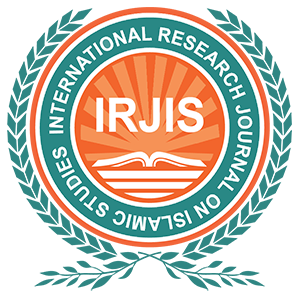Abstract:
Crimes according to their punishments as envisaged by Islamic law consist of three groups. Those are Ḥadd, Qiṣāṣ, Diyat and Taʿzīr. The Ḥadd, in principle being a right of ALLĀH, no compromise, settlement, forgive or waiver is possible. The homicide with deliberate intent entails Qiṣāṣ, but the heirs of the deceased who have a right to demand Qiṣāṣ may waive it. Punishments for crimes other than dealt with as Ḥadūd or Qiṣāṣ are included in Taʿzīr. One or more punishments are awarded as deemed proper and necessary by Qāḍī, looking to the nature of the crime and its circumstance. Islamic punishment, in its nature, is a deterrent as well as a formative. In this research paper, the criminal law of Islam and its objectives are brought under discussion. Furthermore, the supremacy of Islamic laws over western laws has also been discussed.
Keywords: Ḥadd, Qiṣāṣ, Diyat, Taʿzīr, Qāḍī and Islamic Law

